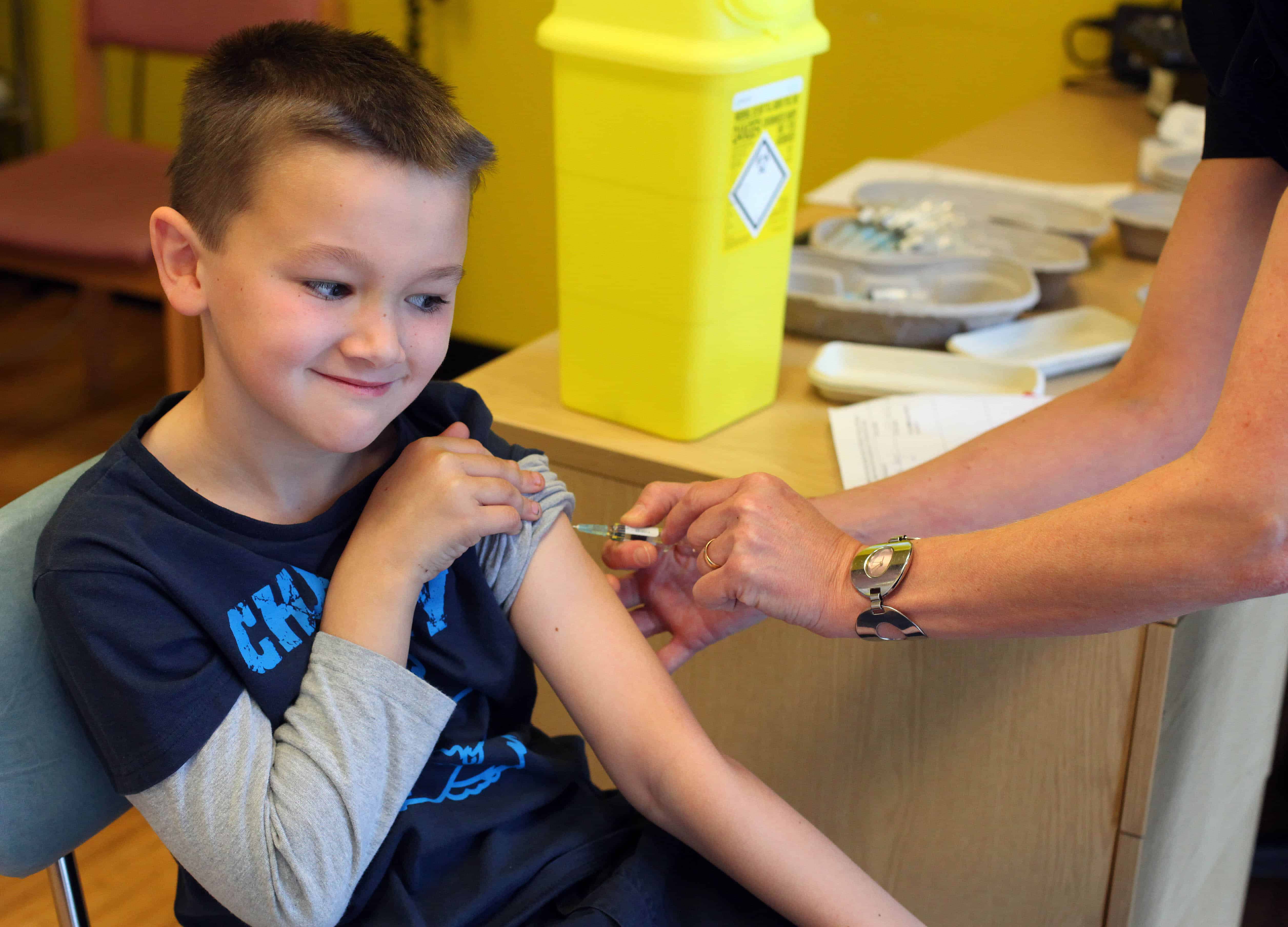Costa Rican health authorities have focused on continuing the vaccination of children against measles, rubella, and mumps. Although the country has historically maintained high vaccination coverage, with 93% for the first dose of the measles, rubella, and mumps vaccine, authorities focus on closing any gaps and reaching 100% of the target population.
Health experts estimate that more than 88,000 children do not have one or both doses of the measles, mumps, and rubella (MMR) vaccine and are susceptible to infection. For this reason, the work of local teams has been essential. The idea is to reach every last child in every canton of the country.
In 2023, large measles outbreaks were reported in 51 countries worldwide. In the Americas, 92 cases were reported in seven countries, mostly in the United States and Canada. Costa Rica reported one imported case that, thanks to follow-up efforts, did not infect others.
PAHO continues to warn about the real risk of reintroduction of measles in the region due to low immunization coverage.
“The measles virus is a constant threat to unvaccinated children,” pointed out PAHO/WHO representative in Costa Rica, Alfonso Tenorio. That is why this vaccination campaign in the country “is fundamental to providing all children with the shield of protection they need to keep them free of measles.”
In an effort to reach the entire target population of children, health teams are implementing a comprehensive strategy that includes vaccination in health centers, home visits, and campaigns in schools and care centers.
Collaboration between educational and health institutions, as well as with other members of the community, is essential to ensure that every child receives the vaccine. Dr. Mary Munive, Vice President and Minister of Health of Costa Rica, highlighted the level of education of the population regarding disease prevention and the country’s robust and effective vaccination schedule.
However, she acknowledged that during the COVID-19 pandemic, fears were generated that affected routine vaccination. “Now the message is clear: the pandemic is over, and we must continue with the education and schedules that have proven to prevent disease and save lives,” she emphasized.

